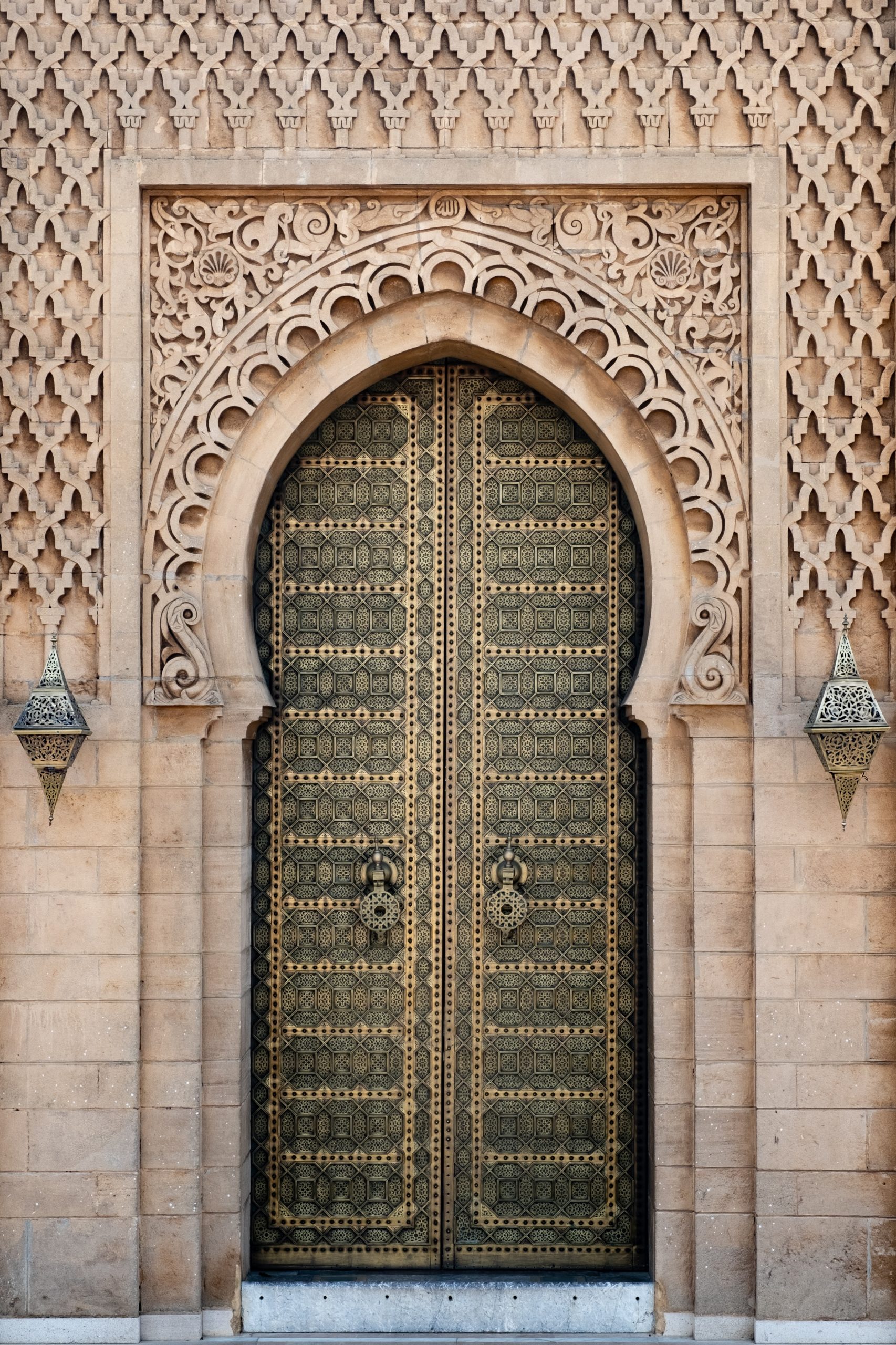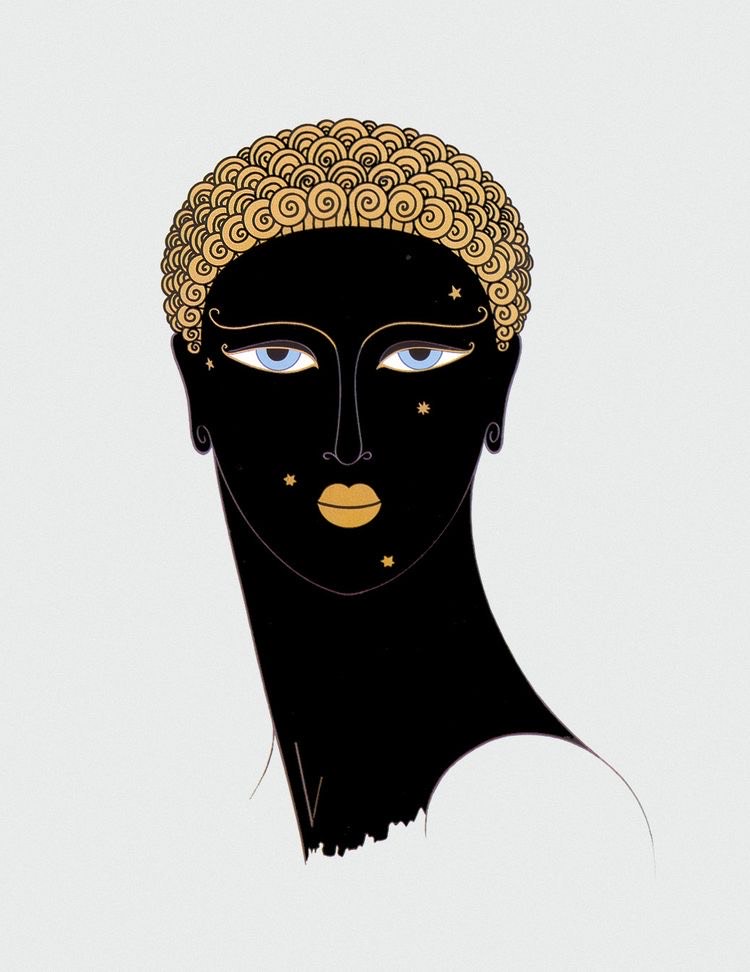Mothers of the Believers Series
Her name was Hind bint Abi Umayyah, popularly known as Umm Salamah (RA). She was born into the noble Banu Makhzum tribe of Quraysh to her mother, ‘Ātikah bint ‘Āmir ibn Rabī’ah and her father, Abu Umayya ibn Al-Mughira in the year 596 AD. She married Abu Salama ibn Abdul-Asad with whom she had four children; Salama, Durrah, Umar and Zaynab (RA). She was also the foster-sister of the great companion, Ammar ibn Yasir (RA). Lady Hind bint Abi Umayya was one of the first converts to Islam, along with her first husband, Abu Salama ibn Abdul-Asad. She was also the first lady to migrate to Abyssinia. And when she returned from Abyssinia with her family, they all joined the hijrah from Makkah to Madinah. There is so much to say about Lady Hind bint Abi Umayya, much to learn and much to apply in our lives.
The Perseverance of Lady Hind bint Abi Umayya
The incident of Lady Hind’s migration to Madinah with her family is famous throughout Islamic history. She, along with her husband and young son Salama was migrating to Madinah when her people, the Banu Makhzum insisted that their tribeswoman would not leave Makkah and intercepted her on the way. They took her and her son and let her husband migrate to Madinah on his own. On their way back to their tribe, Banu Abdul-Asad, the tribe of her husband, Abu Salama (RA) had already heard what happened and intercepted the Banu Makhzum. Angry with the actions of Banu Makhzum, they sought revenge by taking the young Salama from her, believing that as tribesmen of Abu Salamah, they had every right to do so. In a fit of Jahili tribalism and rivalry, Lady Hind bint Abi Umayya got unfairly separated from her husband and child within a day.
According to her:
“Before we were out of Makkah, however, some men from my clan stopped us and said to my husband: ‘Though you are free to do what you like with yourself, you have no power over your wife. She is our daughter. Do you expect us to allow you to take her away from us?’ Then they pounced on him and snatched me away from him. My husband’s clan, Banu ‘Abd al-Asad, saw them taking me and became hot with rage. ‘No! By Allah’ they shouted, ‘we shall not abandon the boy. He is our son and we have the first claim over him.’ They took him by the hand and pulled him away from me.”
— Umm Salama, Hind bint Abi Umayya
She bore this ordeal with tremendous fortitude despite herself. She became very aggrieved at what had happened to her and would cry all day for the loss of her husband and son. She would go to the outskirts of Makkah every day to wait but her tribe wouldn’t let her go. One day, her cousin saw her in this state and felt sorry for her. He interceded for her to the Banu Makhzum, and they let her go. The Banu Abdul-Asad thereafter released her son to her and soon she got her belongings and rode for Madinah. (Ibn Ishaq).
Her Faith in God
Lady Hind bint Abi Umayya (RA) set out for Madinah immediately after getting her son, prepared to withstand the long, hard ten-day journey through the desert, despite being a single woman with a child. The road was long and dangerous, but she trusted in God to see her through. She was later accompanied by Uthman bin Talhah (RA) through the journey to Madinah. Eventually, she reunited with Abu Salama (RA) and lived with him in the course of the next two-plus years and had three other children.
Her husband, Abu Salama (RA) fought at Badr, and was severely wounded from Uhud and didn’t fully recover till he passed away in the fourth year of the Hijra. She became a widow with four children at the time, yet she trusted in God to come to her aid. When Abu Salama (RA) died, she thought to herself, “Who can be better than Abu Salama?” She got proposals from prominent Sahabahs like Abu Bakr and Umar (RA) yet she turned them all down because she felt that there was no one better than her husband.
She reported that Abu Salama (RA) heard the Prophet (PBUH) say: “Whenever an affliction befalls a Muslim and he says, as Allah instructed him, ‘To God, we belong, and to Him we return, oh God, reward me for my affliction and replace it for me with that which is better,’ God will surely replace it for him with that which is better.” (Muslim). When her husband passed away, she immediately recited the du’a and placed her trust in God to provide for her.
Unapologetic and True
Upon rejecting proposals from other men, the Prophet (PBUH) proposed to her. She, however, did not respond immediately. She sent the emissary Hatib ibn Abi Balta’ah back to the Prophet (PBUH) with a message. She said, “I have three issues. I am full of jealousy, and you have other wives. I am no longer young. And I have children.” The Prophet (PBUH) sent the messenger back, and told her, “As for your jealousy, then I will make du’a to Allah to remove it from you. As for your age, then I have the same problem as you. And as your family, then they will be my family too.” And so, Umm Salama accepted the proposal and moved in with him.
She didn’t feel the need to hide her true personality from a potential life partner. She was open and unapologetic about who she was, and she wasn’t afraid to admit it.
A Woman of Great Knowledge and Wisdom
It is well-known that among the wives of the prophet (PBUH), Lady Hind bint Umayya was reputed for being the wisest. She was known for her wisdom, knowledge, insight, and maturity. Several incidents are proof of her being a visionary. Perhaps one of the most famous is the incident at the treaty of Hudaybiyyah in the 6th year of Hijrah. The Prophet (PBUH) had told the companions that they were going back to Madinah without performing the Umrah for which they had travelled. The Companions were really frustrated and unhappy to hear this. So when the Prophet (PBUH) told them to shave their heads and slaughter their animals for the Ihram, none of them obeyed him. Disturbed by his companions’ defiance, the Prophet (PBUH) went to the tent of Hind bint Abi Umayya (RA) for advice on how to handle the very tense situation. She told him to shave his head in their presence without saying a word. The result was that as soon as the companions saw what the Prophet did, they moved immediately to obey him with so much vigour that it could be said that they were almost killing each other with their thoroughness. The Prophet (PBUH) at such a crucial time of his life, at such a historic moment, acted on the advice of his wife. It was her wise counsel that saved the situation from becoming tenser.
Among the other Mothers of the Believers, she was the narrator of the second-highest number of hadith after Aisha bint Abu Bakr (RA). She has about 380 narrations to her name. After the Prophet (PBUH) passed away, she was very politically active. She wrote letters of advice to Uthman (RA), letters to Aisha (RA) regarding the battle of the Camel, letters to Muaawiyah (RA) etc.
Lady Hind bint Abu Umayya Asked the Difficult Questions
Hind bint Abi Umayya asked questions that God responded to by way of revelation. She once asked the prophet why men were always mentioned in the Quran and not women, and God answered her question by revealing the famous ayah 35 of Surah Ahzab.
“Surely the men who submit and the women who submit, and the believing men and the believing women, and the obeying men and the obeying women, and the truthful men and the truthful women, and the patient men and the patient women and the humble men and the humble women, and the almsgiving men and the almsgiving women, and the fasting men and the fasting women, and the men who guard their private parts and the women who guard, and the men who remember Allah much and the women who remember—Allah has prepared for them forgiveness and a mighty reward.” (Q33:35)
On another occasion, she asked the Prophet (PBUH) regarding the fact that most women do not fight in battles as opposed to most men who fight, and then, when it came to inheritance, women get only half. Again, Allah replied to her in Surah Nisaa, verse 32.
“And do not wish for the things in which God has favoured some of you over others. For men, there is a reward for what they have earned, and for women, there is a reward for what they have earned. And ask God of His bounty. Surely, God is Ever Knowing of all things.”
Lady Hind’s questions, however, didn’t cease after this. At another time, she asked the Prophet (PBUH) why the muhaajiroon (men who migrated) were mentioned in the Quran and not the muhaajiraat (women who migrated). So God responded to her in Ayah 195 of soorah Aali-Imran:
“So their Lord accepted their prayer: that I will not waste the work of any worker among you, whether male or female, one of you being from the other; they, therefore, who fled and were turned out of their homes and persecuted in My way and who fought and were slain, I will most certainly cover their sins, and I will most certainly make them enter gardens beneath which rivers flow; a reward from God, and with God is a better reward.”Lady Umm Salama Hind bint Abi Umayya (RA) died around the age of 91 in 61H, few days after hearing the news of the killing of Husain (RA). She is the last of the Mothers of the Believers to die and is buried in al-Baqi’. She left a great legacy of knowledge and wisdom. May God be pleased with her, have mercy on her and exalt her ranks




